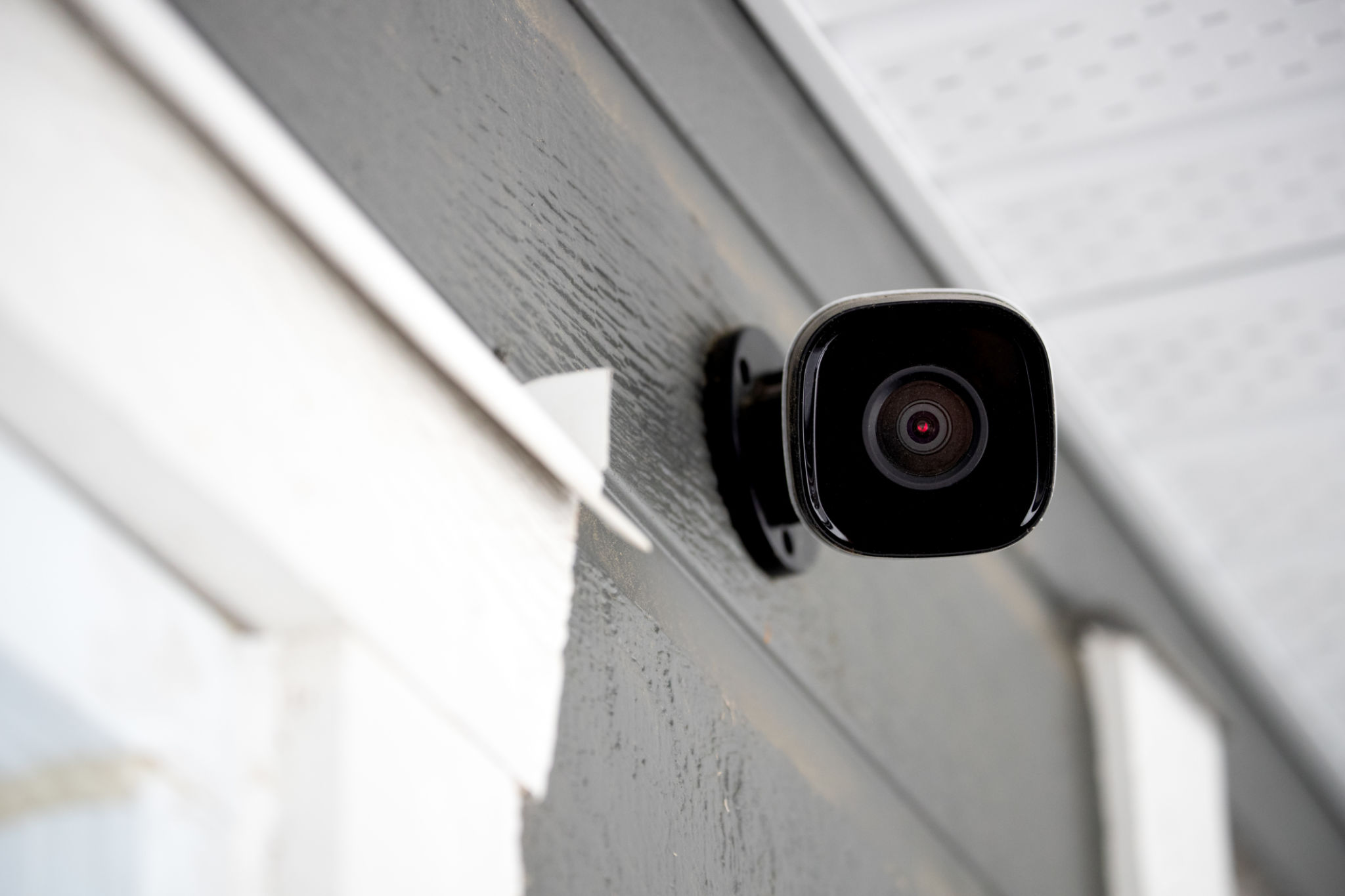The Role of Intelligent Systems in Building Smart Homes
Introduction to Intelligent Systems in Smart Homes
As technology continues to evolve at a rapid pace, the concept of smart homes has moved from a futuristic vision to a current reality. At the heart of this transformation are intelligent systems that make everyday tasks more convenient, efficient, and secure. These systems use a combination of sensors, data analytics, and artificial intelligence to create a seamless living experience.

What Are Intelligent Systems?
Intelligent systems are advanced technologies designed to process data and make decisions autonomously. In the context of smart homes, these systems can include everything from voice-activated assistants to automated lighting and climate control. By integrating with various devices and platforms, intelligent systems enable homeowners to customize and control their environments with ease.
Key Features of Intelligent Systems
Some of the key features that make intelligent systems indispensable in smart homes include:
- Connectivity: Seamless integration with various smart devices and platforms.
- Automation: Ability to perform tasks automatically based on predefined settings or learned behaviors.
- Data Analysis: Processing and analyzing data to optimize performance and energy usage.

Enhancing Security with Intelligent Systems
One of the most significant advantages of intelligent systems in smart homes is enhanced security. These systems can include smart locks, surveillance cameras, and alarm systems that are interconnected and can be managed through a single platform. Homeowners can monitor their properties remotely, receive real-time alerts, and even control access to their homes from anywhere in the world.
Security Features
Some common security features provided by intelligent systems are:
- Remote Monitoring: View live video feeds and receive alerts on suspicious activities.
- Automated Alerts: Instant notifications for unusual activities or security breaches.
- Access Control: Control who enters the home using smart locks and access codes.

Energy Efficiency Through Smart Systems
Another critical role of intelligent systems in building smart homes is improving energy efficiency. By optimizing energy consumption, these systems not only reduce utility bills but also contribute to environmental sustainability. Intelligent thermostats, for example, can learn homeowners' habits and adjust heating or cooling accordingly, ensuring comfort while minimizing energy use.
Sustainable Living
Sustainable living is further enhanced by:
- Smart Lighting: Automated lighting systems that adjust based on natural light and occupancy.
- Energy Monitoring: Real-time tracking of energy usage to identify patterns and areas for improvement.
- Renewable Integration: Compatibility with solar panels and other renewable energy sources.

The Future of Intelligent Systems in Smart Homes
The future of smart homes looks promising as intelligent systems continue to advance. With developments in machine learning and IoT (Internet of Things), these systems will become even more intuitive, offering personalized experiences that adapt to individual preferences. As technology evolves, intelligent systems are expected to play an even more significant role in enhancing the quality of life within our homes.
Emerging Trends
Emerging trends include:
- Voice Control: Increasing use of voice-activated commands for seamless interaction.
- AI Personalization: Systems that learn preferences to provide tailored experiences.
- Increased Interoperability: Enhanced compatibility among different smart devices and platforms.
In conclusion, intelligent systems are revolutionizing the way we interact with our living spaces, making smart homes not just a luxury but a practical choice for modern living. As these technologies continue to evolve, they promise to bring even more convenience, security, and efficiency into our everyday lives.
